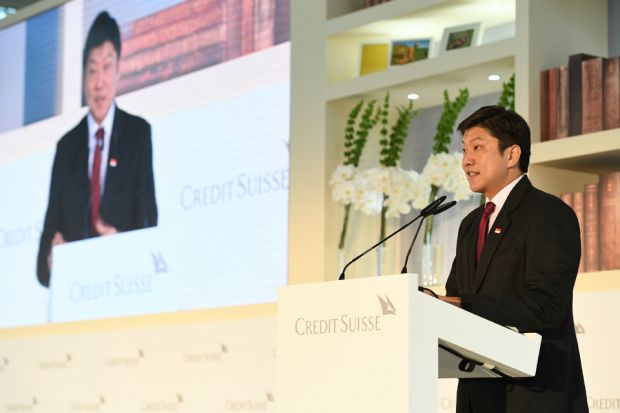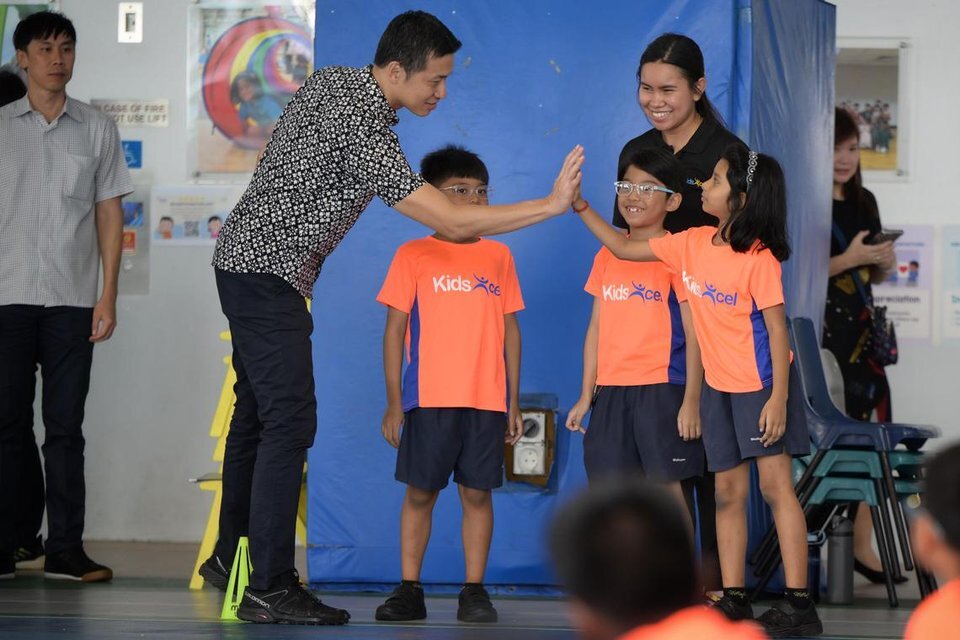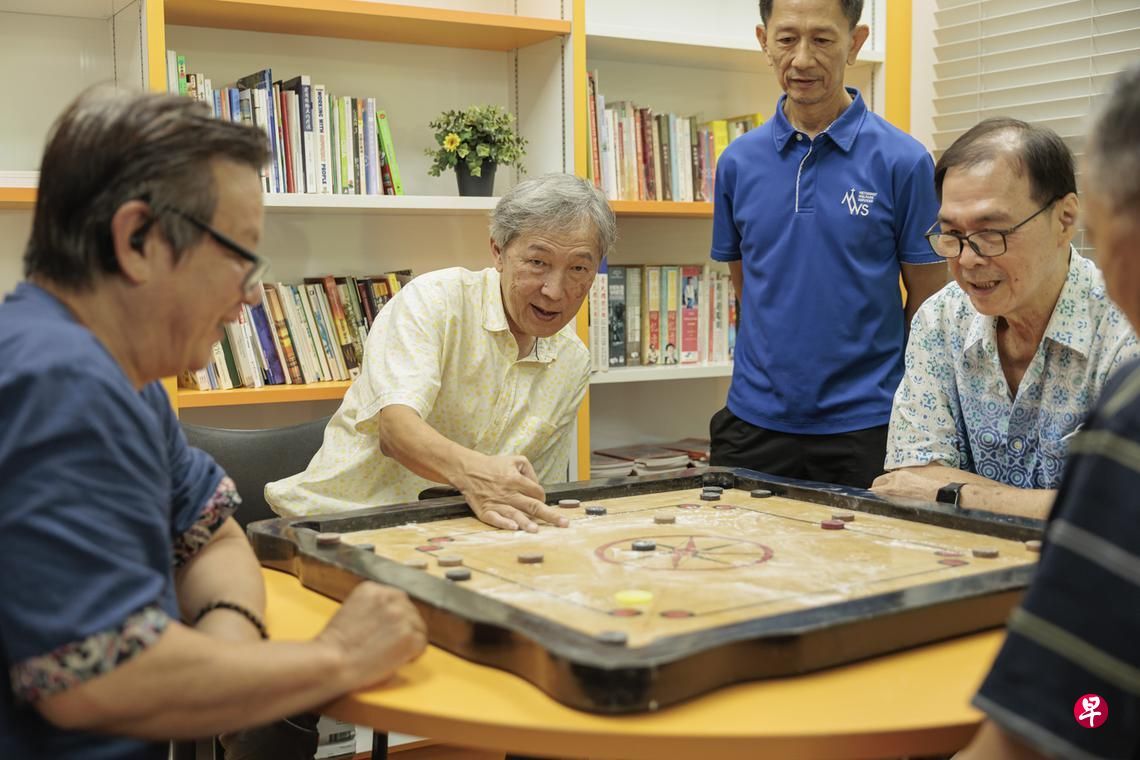The Business Times – Educational giving vital in breaking poverty cycle: Ng Chee Meng


“Education is a strong driver of social mobility and is critical to breaking the poverty cycle between generations, a point that was made by Minister for Education (Schools) Ng Chee Meng at the sixth annual global Credit Suisse philanthropists forum on Thursday.
This, as educational giving could enable the next generation to improve many aspects of their lives, be it health or income, he said.
“A key reason why giving is important to me is that it supports and creates a virtuous cycle in our society. Those who give become role models to inspire others who may be younger to do the same and over time, this virtuous cycle lends disproportionate influence over long periods of time.”
Simple acts of charity or strategic philanthropy targeting root causes of social challenges would build a more caring and cohesive society for future generations, said Mr Ng.
Governments could support this cycle of giving through the private sector, he said, adding that in Singapore, non-profit organisations advise donors and help match their donations to worthy causes. For example, the National Volunteer and Philanthropy Centre and the Community Foundation of Singapore have been promoting a giving culture over the years.” Read more.
“Education is a strong driver of social mobility and is critical to breaking the poverty cycle between generations, a point that was made by Minister for Education (Schools) Ng Chee Meng at the sixth annual global Credit Suisse philanthropists forum on Thursday.
This, as educational giving could enable the next generation to improve many aspects of their lives, be it health or income, he said.
“A key reason why giving is important to me is that it supports and creates a virtuous cycle in our society. Those who give become role models to inspire others who may be younger to do the same and over time, this virtuous cycle lends disproportionate influence over long periods of time.”
Simple acts of charity or strategic philanthropy targeting root causes of social challenges would build a more caring and cohesive society for future generations, said Mr Ng.
Governments could support this cycle of giving through the private sector, he said, adding that in Singapore, non-profit organisations advise donors and help match their donations to worthy causes. For example, the National Volunteer and Philanthropy Centre and the Community Foundation of Singapore have been promoting a giving culture over the years.” Read more.
- Related Topics For You: ACCESSING QUALITY EDUCATION, CHARITY STORIES, DONOR STORIES, EDUCATION, EVENTS, INCLUSIVITY & INTEGRATION, NEWS
.jpg)


